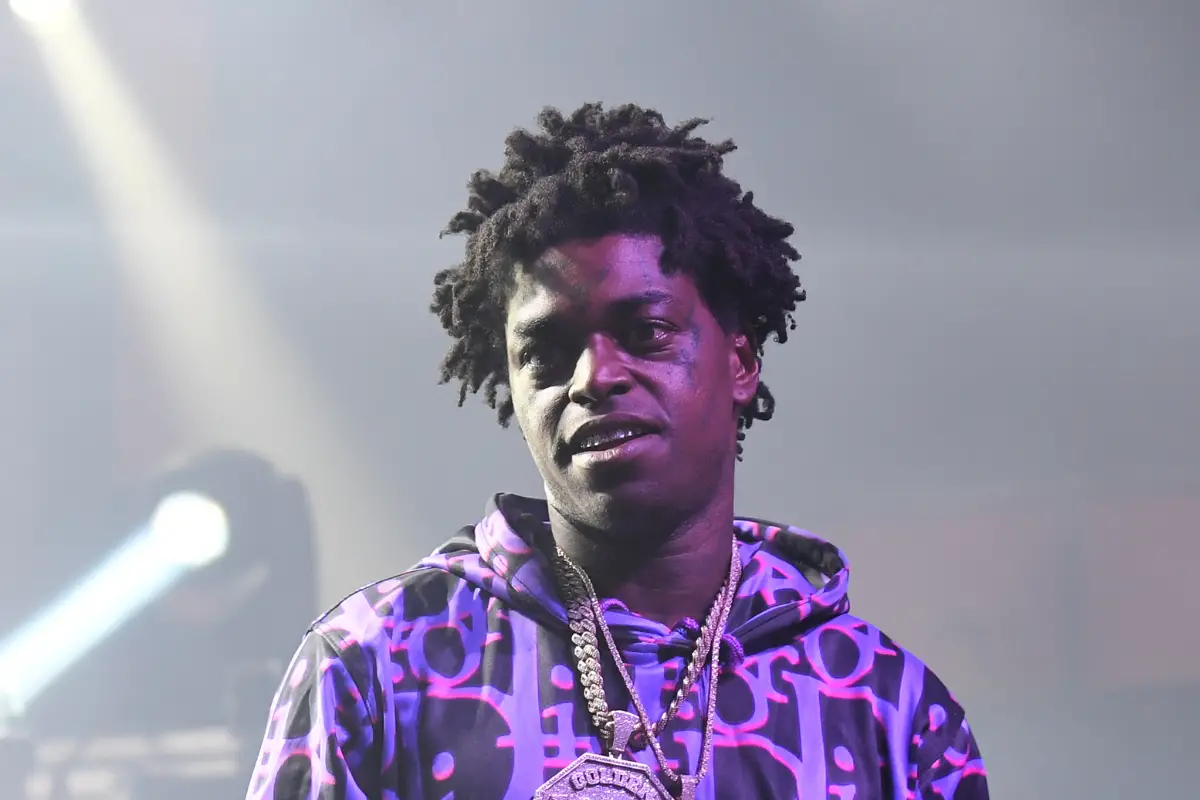MELBOURNE, Australia — World No. 2 Carlos Alcaraz misplaced within the quarterfinals of the Australian Open, taking place to No. 6 seed Alexander Zverev in 4 enthralling units, 6-1, 6-3, 6-7(2), 6-4.
Alcaraz had already achieved a career-best end in Melbourne coming into the quarterfinal matchup, however Zverev jumped out early to take the primary two units.
Alcaraz fought again within the third — breaking Zverev who was serving for the match at 5-3 — however was unable to maintain his stage within the fourth, bowing out in Melbourne in three hours and 6 minutes.
Listed below are three key takeaways from the match.
Zverev performed lights-out tennis early
Typically you simply have to credit score the opponent for taking part in effectively. Whereas a whole lot of the eye was on the Spaniard and whether or not he may problem Novak Djokovic for his second Slam title, Zverev swooped in and performed arguably two of the most effective units of tennis seen in Melbourne in a while, and probably his greatest up to now.
On the native telecast, commentator Todd Woodbridge mentioned Zverev was putting the ball in addition to he’d ever seen. By means of two units, Zverev had simply 9 unforced errors, whereas Alcaraz, who began the match slowly and virtually lethargically, hit 22.
Zverev’s serving, too, was on one other stage. After two units, the German was hitting 90% of his first serves, profitable 84% of these factors. And on the 4 events Zverev needed to conjure a second serve? He received all 4 factors — barely giving Alcaraz a glance in his service video games.
After breaking to like in Alcaraz’s first service sport, the momentum was with Zverev as he hunted winners and compelled Alcaraz to uncomfortable positions on the courtroom, and it clearly rattled the Spaniard, who solely actually began to get a grip on the competition halfway by way of the third set.
Alcaraz bought off to a gradual begin
It by no means bodes effectively when a participant double-faults the primary service level of his match, and that is precisely what Alcaraz did, to murmurings round Rod Laver Enviornment.
It did not get any higher. Alcaraz was damaged to like in his first service sport — making three unhealthy errors in a row — and a blink of the attention later, Zverev had skipped out to a 3-0 lead after simply eight minutes of play.
It is onerous to articulate simply how poorly Alcaraz performed at instances. On a minimum of three events throughout the first hour of play, the world No. 2 tried his usually-reliable drop shot, however they weren’t efficient, permitting Zverev ample time to chase down and punish the return ball.
Within the first set, Alcaraz’s first serve proportion was simply 55%, and he was profitable simply 50% of the factors when his first serve was in play. He hit simply two winners and had 11 unforced errors.
Coming into the conflict, the Spaniard was 0-6 at majors when dropping the primary two units, together with a loss to Zverev within the 2022 French Open quarterfinals. Whereas Zverev’s stage noticeably dropped within the third (a minimum of, in comparison with his opening two stanzas), Alcaraz was unable to maintain his personal sport at a excessive sufficient stage for lengthy sufficient, ultimately succumbing in a good fourth set.
Alcaraz continues to be simply 20 years outdated
He actually would not look it, however Carlos Alcaraz continues to be very younger.
Having received his first Slam just some months after his nineteenth birthday, it is easy to anticipate Alcaraz to simply “go on with it,” following within the footsteps of different generational skills like Djokovic, Roger Federer and Rafael Nadal. But it surely should be remembered Federer was 21 when he received his first Slam, and Djokovic 20 when he first received in Melbourne again in 2008.
And with Djokovic not anticipated to play eternally, there will likely be a vacuum on the prime of males’s tennis that can permit alternatives for Alcaraz — a pure hitter with among the finest forehands on the tour — to chalk up Slam wins.
He already has the one-up on rivals his age, like Zverev, Jannik Sinner, and Holger Rune to call just a few, and can greater than seemingly win loads extra as his profession develops. He’ll study from nights like he had towards Zverev in Melbourne — you simply cannot give the world’s greatest tennis gamers a two-set lead in a Slam quarterfinal.





:max_bytes(150000):strip_icc()/beef_stroganoff_072_0-1-14b979e7e0e943e0bea96ca93d54ef06.jpg)